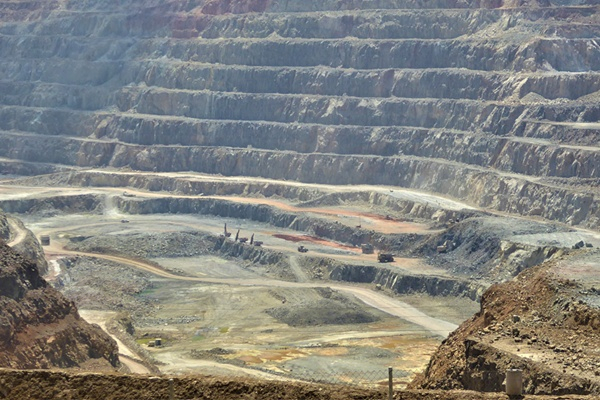Jean-Jacques Purusi Sadiki, Governor of South Kivu, revealed that at least 1,600 companies are illegally mining resources in eastern Democratic Republic of Congo (DRC). He made this statement before the French National Assembly's Foreign Affairs Committee on April 2, 2025, during a hearing on the region's security and economic situation.
Upon taking office in June 2024, Sadiki initiated a mining sector overhaul. A month later, he issued an order suspending mining activities to identify companies operating illegally. "We expected 400 companies, but 1,600 showed up—some having operated for 8 to 10 years without permits, taxes, or registration," he said.
These companies, mostly Chinese-owned, are part of a broader network illicitly exploiting gold, coltan, cassiterite, copper, and diamonds. Sadiki and UN experts believe this network benefits Rwanda, which acts as a gateway for multinationals due to its superior infrastructure and supply chain. This allows them to bypass the DRC's disorganized market to access its minerals through the neighboring country.
Economic War
Governor Sadiki alleged that 750,000 kg of gold are smuggled out every six months for refining in Rwanda, "which has set up refineries right on the border." The EU sanctioned Rwanda's Gasabo Gold Refinery on March 17, 2025, for processing illegally mined gold from the DRC, though Kigali denies involvement without providing mineral origin proof.
The official added that most of this illicit gold is exported to the Middle East—67% goes to Dubai, UAE, and Saudi Arabia—while less than 2% reaches Europe. The rest heads to China.
Purusi Sadiki argues that the conflict in eastern DRC is economically driven, with Rwanda seeking land control, commercial dominance, and mineral monopolization. He notes that “M23 rebels, backed by Rwanda, align their progress with mining site locations.”
Rwanda countered, stating it only took defensive actions to “protect its sovereignty and territorial integrity” against the Democratic Forces for the Liberation of Rwanda (FDLR), which it sees as an “existential threat” following their refuge in the DRC since the 1994 genocide.
Internal Struggles
To address ongoing tensions, Governor Jean-Jacques Purusi Sadiki advocates for a "mining for peace, security, and development" deal. This would involve integrating more European and American companies into the DRC's mineral exploitation, hoping their presence could deter armed groups and stabilize the region.
President Félix-Antoine Tshisekedi and Sadiki both believe that Western interests can help restore order. Currently, Kinshasa is negotiating a mineral agreement with Washington.
However, the governor's early tenure in South Kivu highlights the DRC's internal challenges. Corruption and an overly complex tax system—featuring over 1,400 taxes, including 147 deemed unnecessary—pose significant obstacles. Despite these hurdles, Sadiki claims to have boosted the province's mining revenues from $500,000 to $1.75 million after just one month of reforms.
This article was initially published in French by Georges Auréole Bamba
Edited in English by Ola Schad Akinocho










